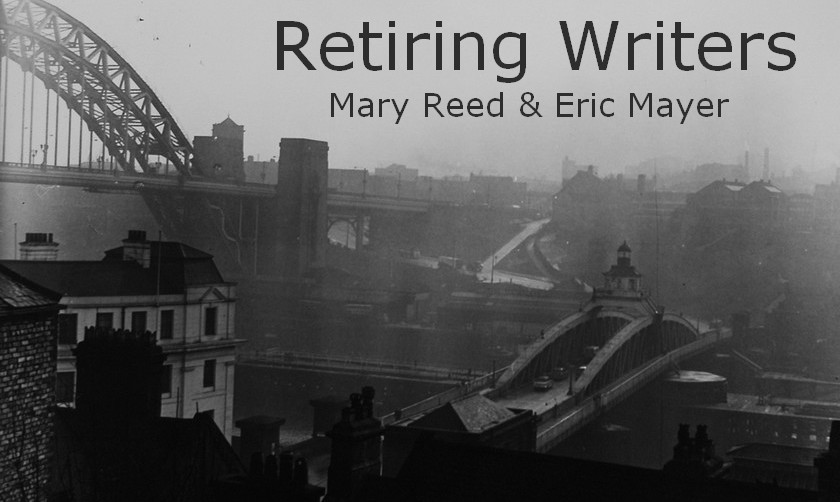It is a dark and very stormy night as the novel opens, for a terrible gale howls around Professor Sebastian's rambling but solidly built house, l2 miles from the nearest village. The entire countryside is gripped in terror after local girls have been murdered, and once darkness falls few people venture abroad.
Protagonist Helen Capel works as "lady-help" to the scholarly professor, his chilly sister Blanche, who is firmly under the thumb of their invalid mother Lady Warren, who may or may have killed her husband "by accident" years before, and sinister, mannish Nurse Barker. There also the professor's son Newton, married to and insanely jealous of his flirtatious wife Simone, who has her eye on a fling with the professor's resident pupil Stephen Rice. Mr and Mrs Oates, faithful servants, round out the residents of the house, one of those rambling edifices with a warren of cellars, many rooms, and two staircases -- and not all of it fitted with electric light.
After learning of another murder committed not far from the house, Professor Warren announces that as a matter of safety everyone must stay inside and nobody is to be admitted under any circumstances that night. But just as he gives this order, there is a thunderous knocking at the front door....
My verdict: The Spiral Staircase was originally published as Some Must Watch, a much better title given the plot hinges on efforts by the people locked in the house to protect themselves and each other during a long and extremely stressful night. The manner in which one by one they fail in the task is extremely clever, for the reader cannot be certain if events come about naturally or if someone is pulling strings to arrange matters. I cannot say more for fear of spoiling an excellent work in which tension increases every chapter, characters are not always what they seem, and expectations based on behaviour turn out to be completely false. I read this book in a few hours and regret I'm not just beginning it again! In fact, I name it without hesitation as my top read this month.







